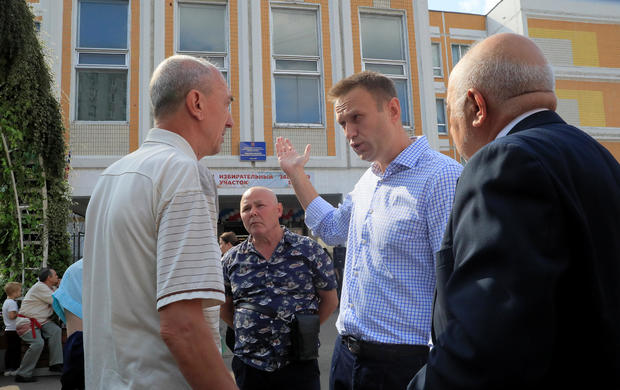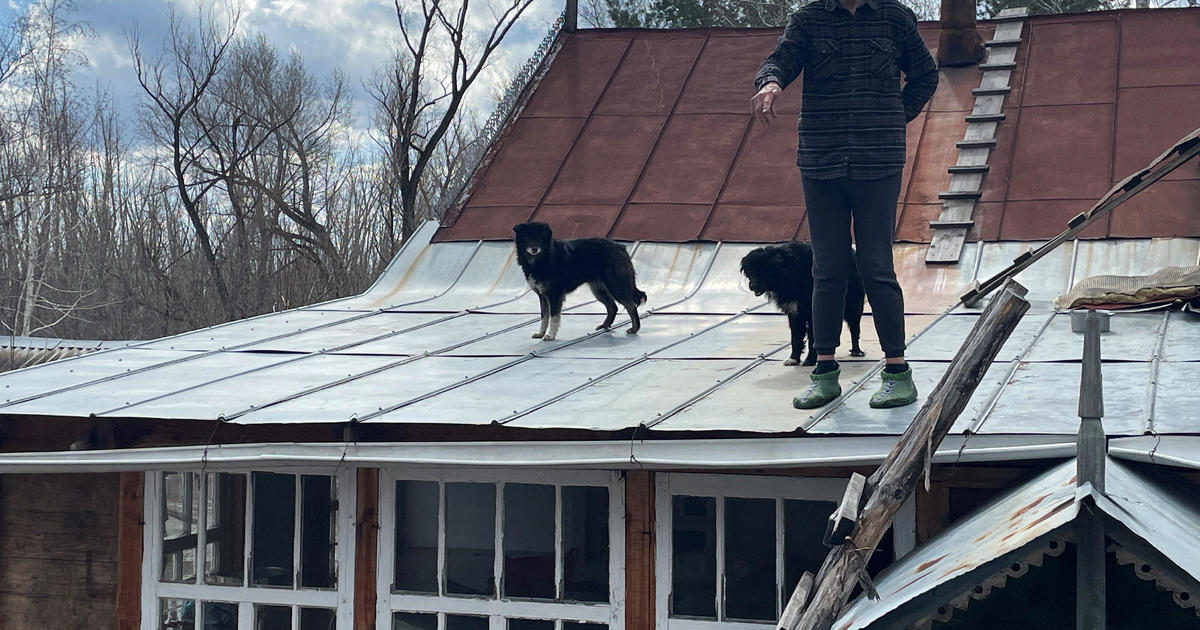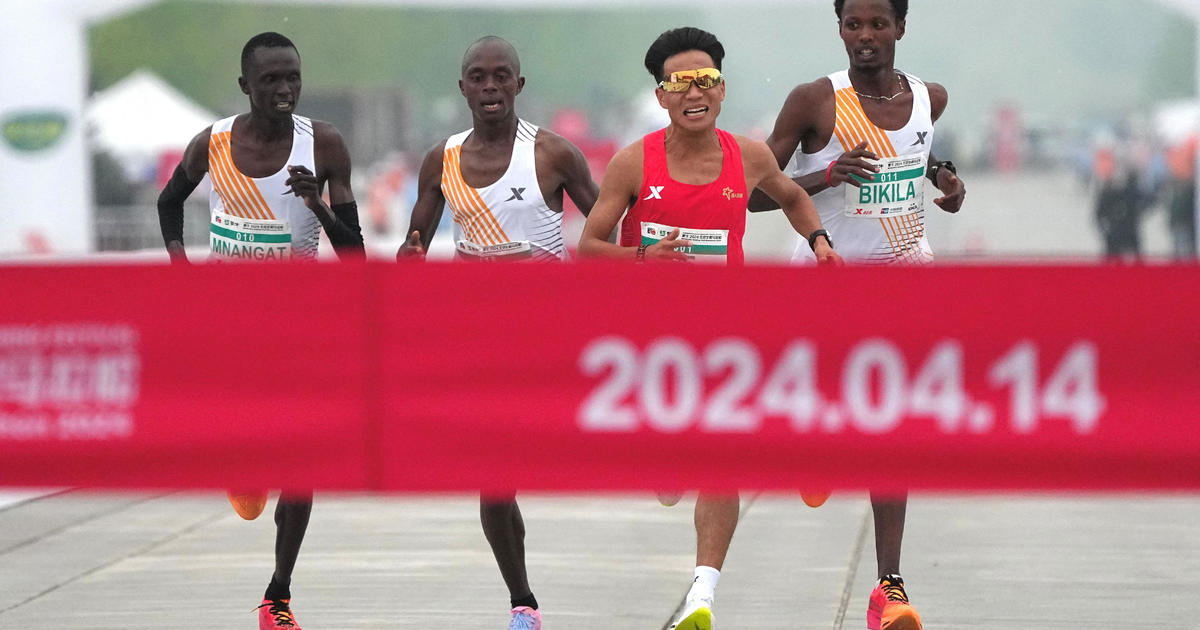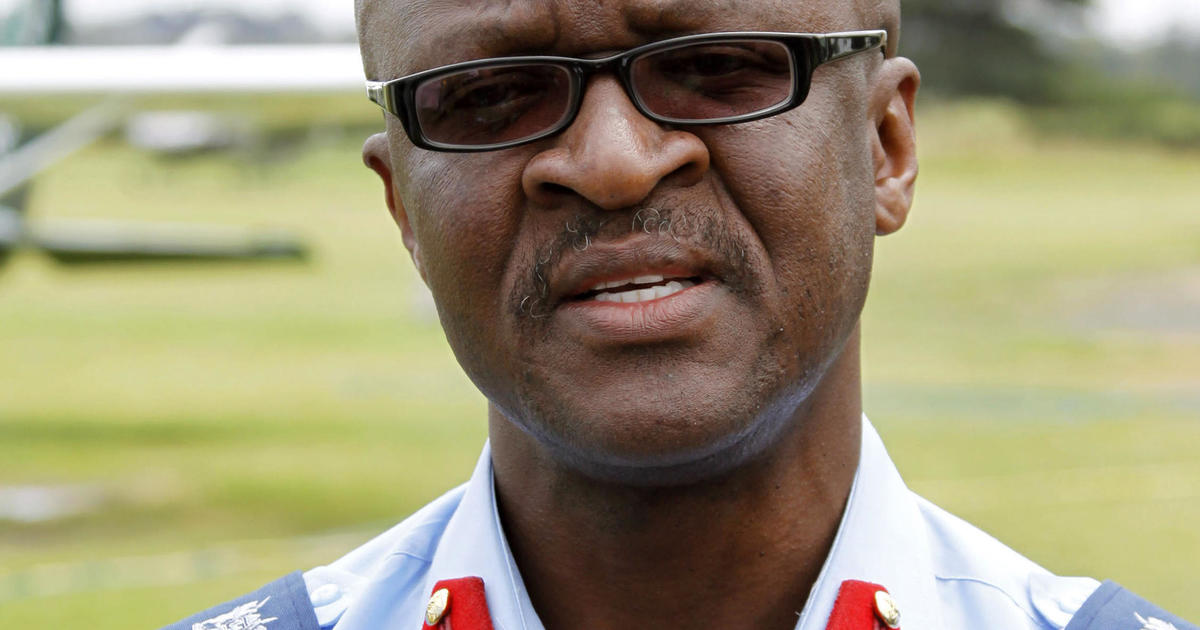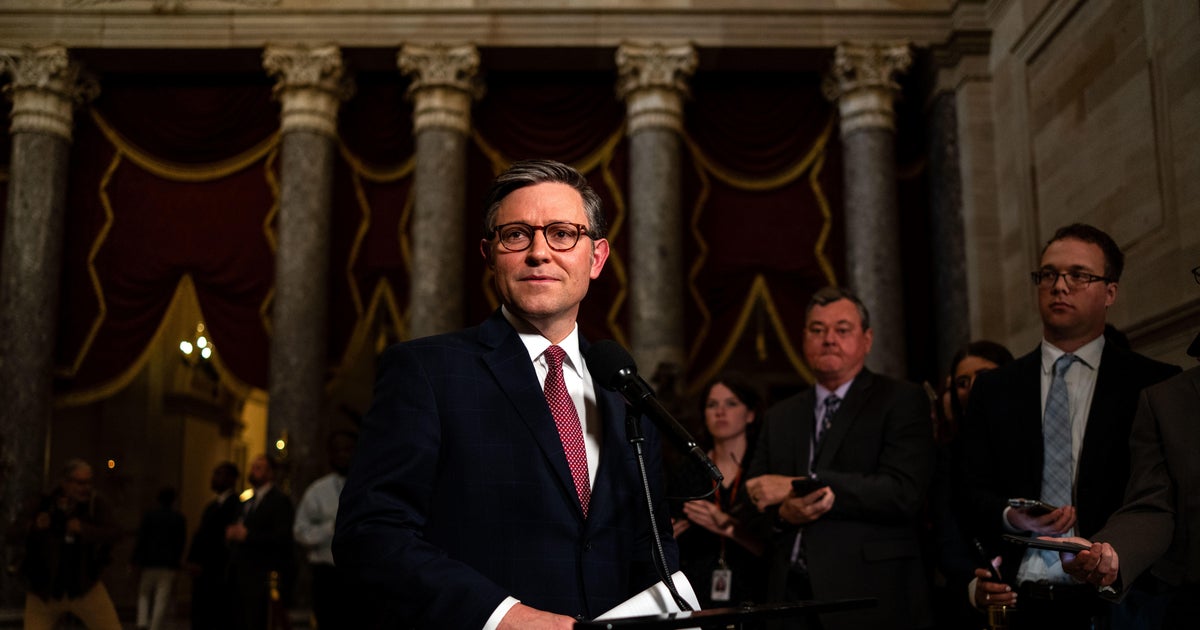Russian opposition barred from Moscow elections, but still finds "victory" in the results
Moscow — Kremlin-backed candidates lost almost half of their seats in the 45-member Moscow City Council on Sunday. The result was a blow for the Kremlin in a highly controversial election that sparked mass protests this summer as most opposition politicians were banned from even competing.
While still retaining a majority of 25 seats in the council, politicians allied with Russian President Vladimir Putin lost as many as 13 seats to members of the Communist Party, three to members of "A Just Russia" party and four to members of the liberal Yabloko party.
With many opposition candidates barred from running, opposition leader Alexei Navalny had urged his supporters to follow the Smart Voting strategy his team came up with earlier this year and vote for candidates with the best chance of beating their pro-Kremlin opponents.
Candidates for the Communist Party, A Just Russia, and Yabloko who won seats on Sunday were on the list of politicians endorsed under the opposition's Smart Voting initiative.
"This is a fantastic result," Navalny wrote on Facebook Monday morning. "We fought for it together. Thank you everyone!"
According to Navalny ally Lyubov Sobol, who was among the opposition members barred from even running, the sole purpose of the Smart Voting plan was to deprive the government-backed candidates of as many seats as possible.
Sobol told CBS News that some candidates endorsed by Smart Voting had said they were prepared to work with the opposition.
"Of course the authorities will try and do everything they can to prevent them from working with us, but there are candidates we're in touch with that are ready to work with us in the interests of Muscovites," she said.
Moscow authorities decided to ban opposition candidates from running in the election in the summer, for dubious reasons including claims that some had petitioned to run using signatures of people who didn't exist or had died. Many of the allegedly dead or non-existent individuals came forward to prove their signatures were legitimate. When Russia's national election commission signed off on the bans anyway, it triggered mass protests in late July.
Thousands of people took to the streets every Saturday for five weeks in a row.
Only two of five major rallies were authorized by Moscow city officials, and three were violently broken up by riot police. More than 2,500 people were arrested during the protests, and several dozen sustained injuries as the police used batons and, reportedly, tasers.
Sixteen protesters were charged with organizing mass riots and assaulting police officers, criminal offenses punishable by up to eight and five years in prison respectively. The charges against five of them were dropped, and two others were released under house arrest with charges against them amended. Four protesters have already been convicted to between two and three-and-a-half years in prison.
Political analysts called the protests and arrests an unprecedented political crisis. Defusing that crisis was largely expected to hinge on the results of the vote, which were announced on Monday morning - and how the opposition would interpret them.
"It is one thing if the dominating emotion is the joy of victory, and a completely different thing if it's the bitterness of losing," Abbas Gallyamov, a former Kremlin speechwriter-turned independent political strategist, told CBS News before the results were in.
"There won't be any more protests if it's the former, just celebrations," he predicted.
On Monday afternoon, Navalny published a post on his website titled "Victory," followed by several equally triumphant statements from his allies. He promised to work on improving the Smart Voting strategy for future campaigns. So while the protest season in Moscow may be over, the opposition appears to have a new, now-proven strategy.
